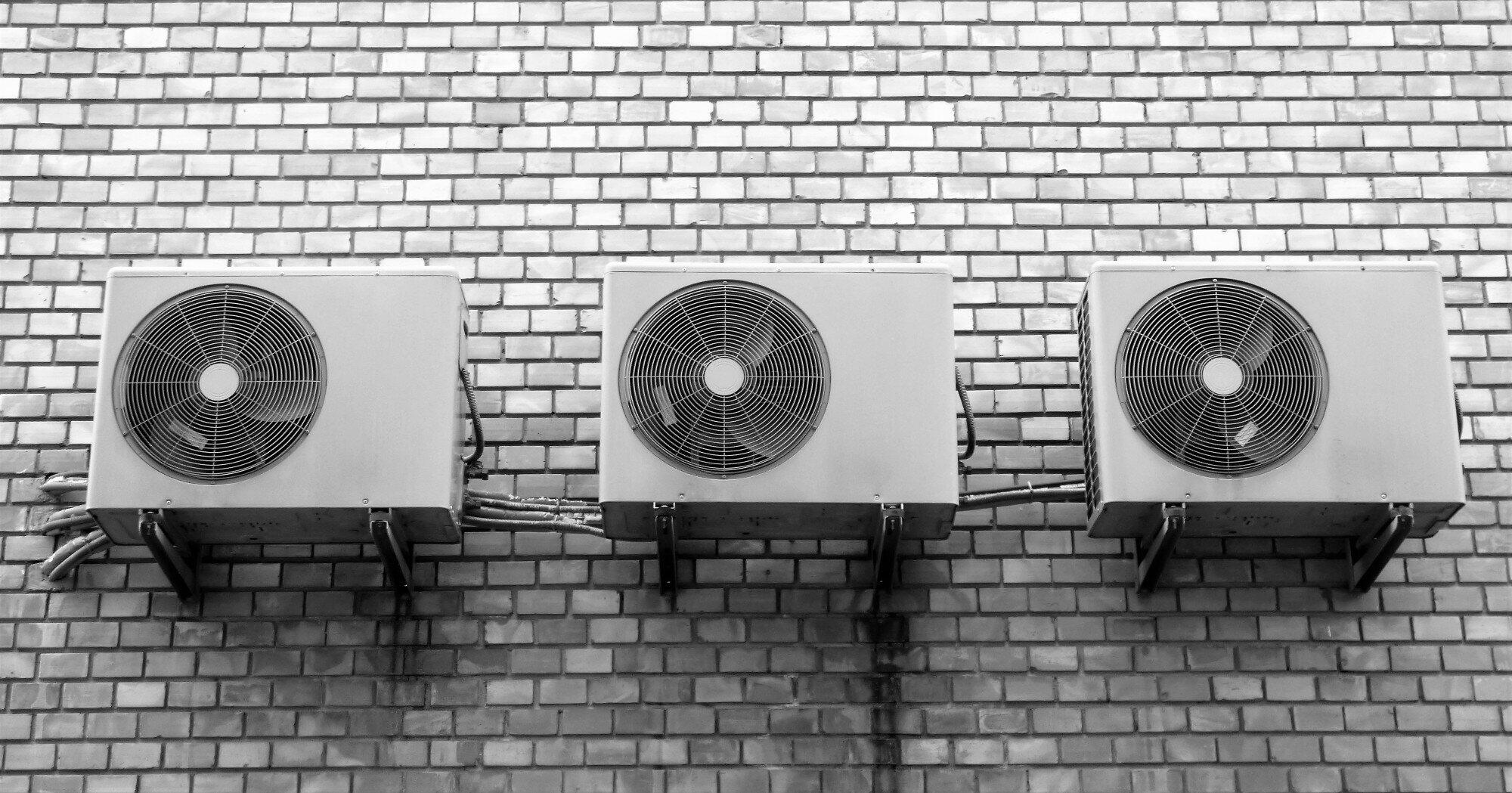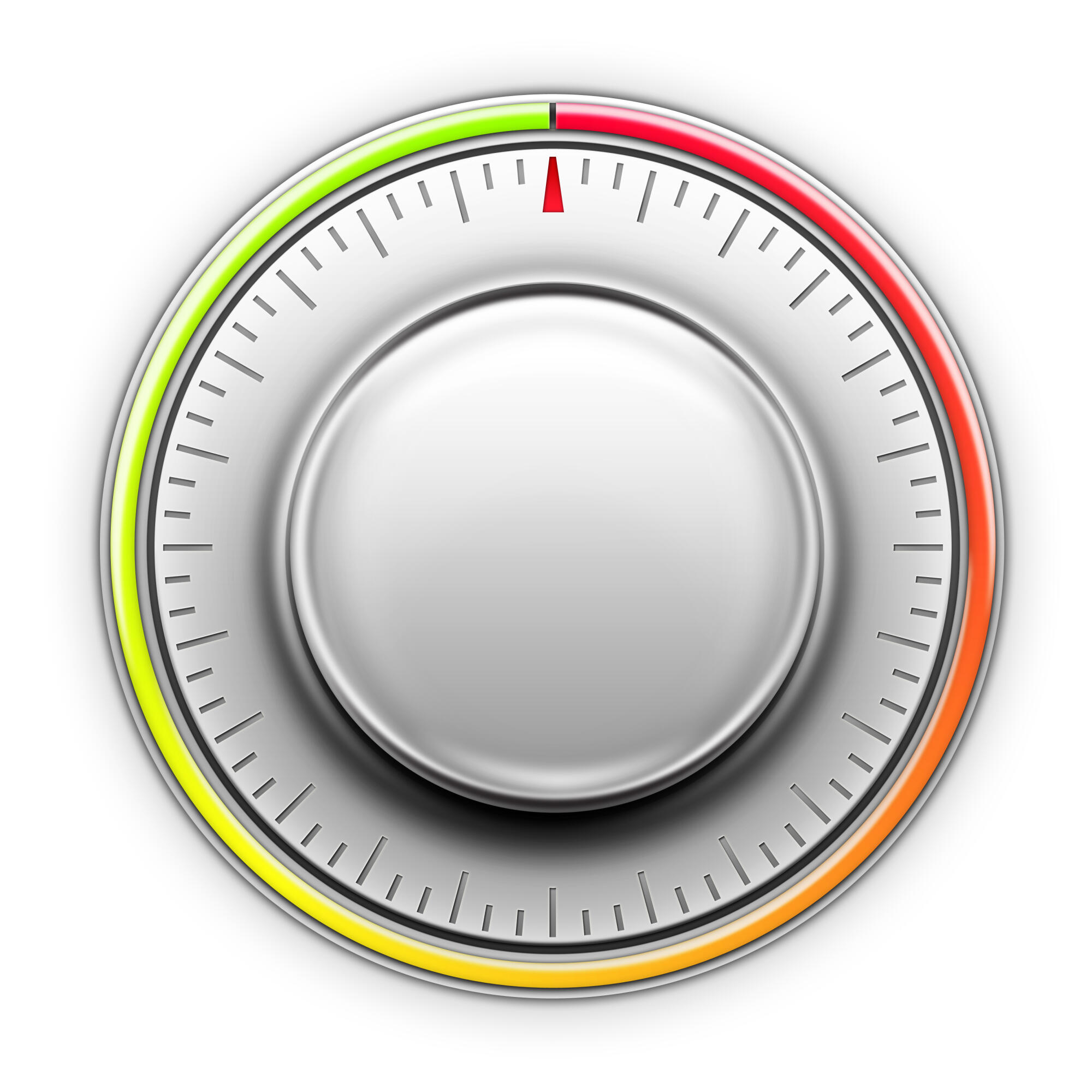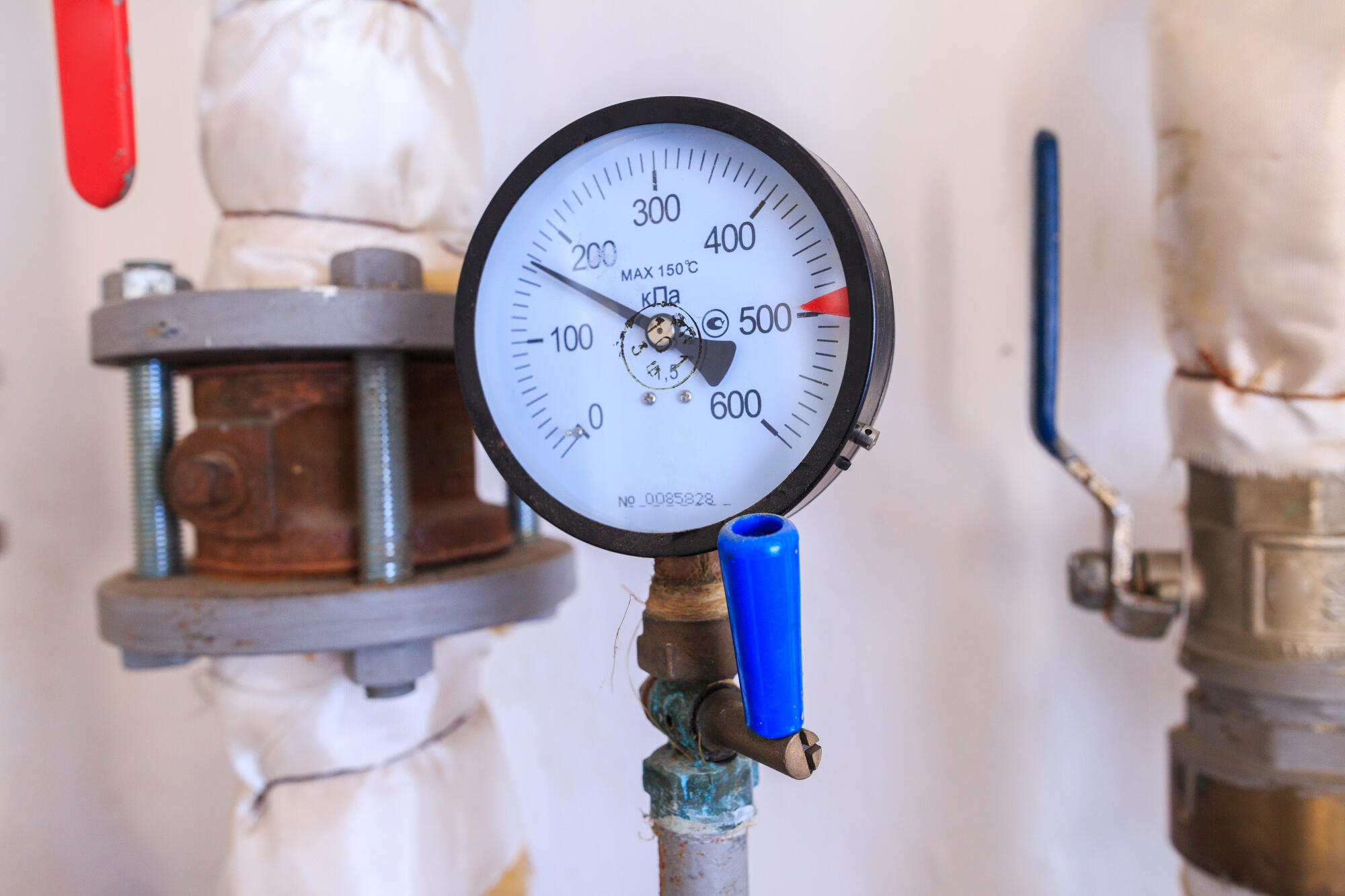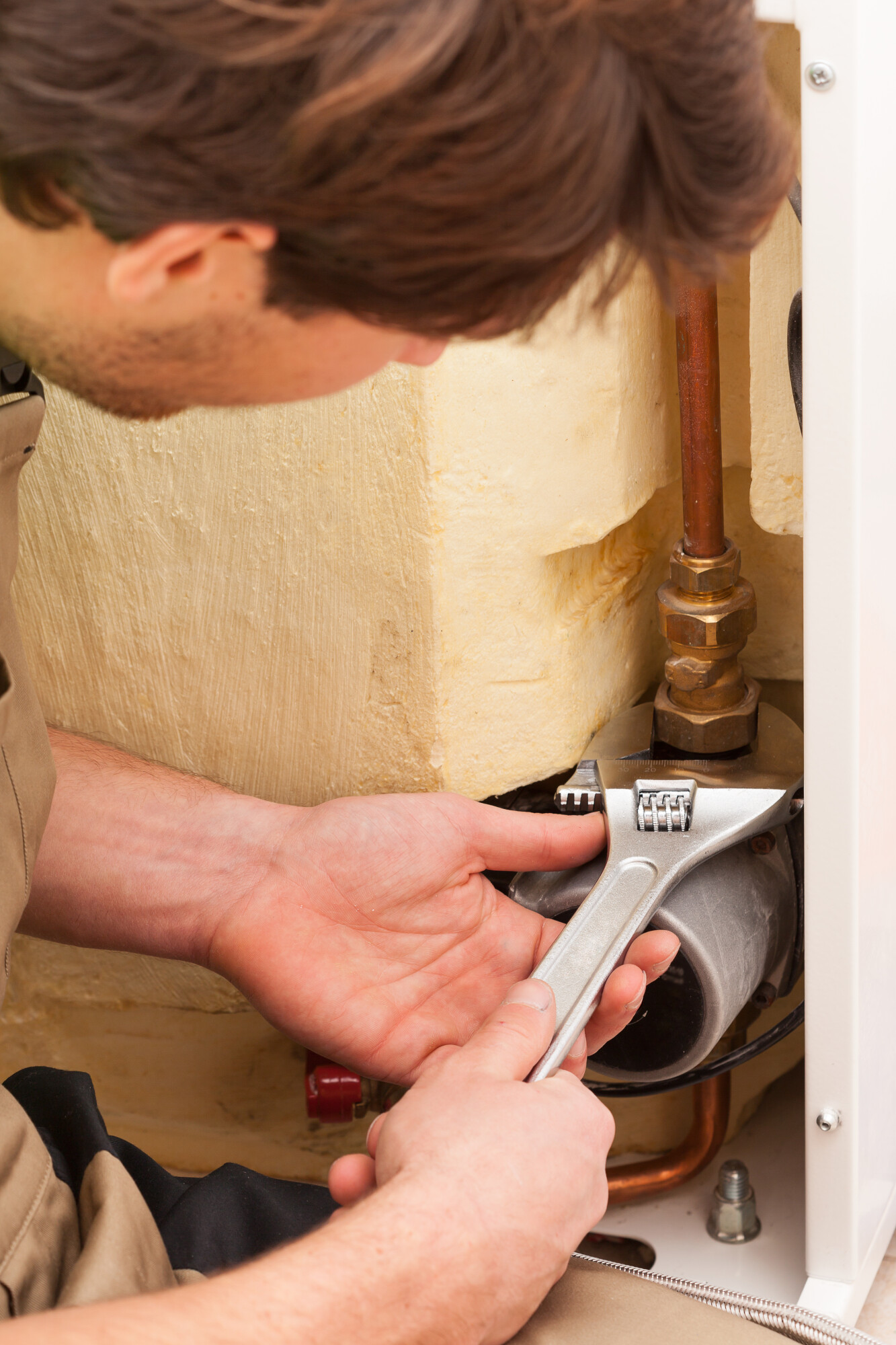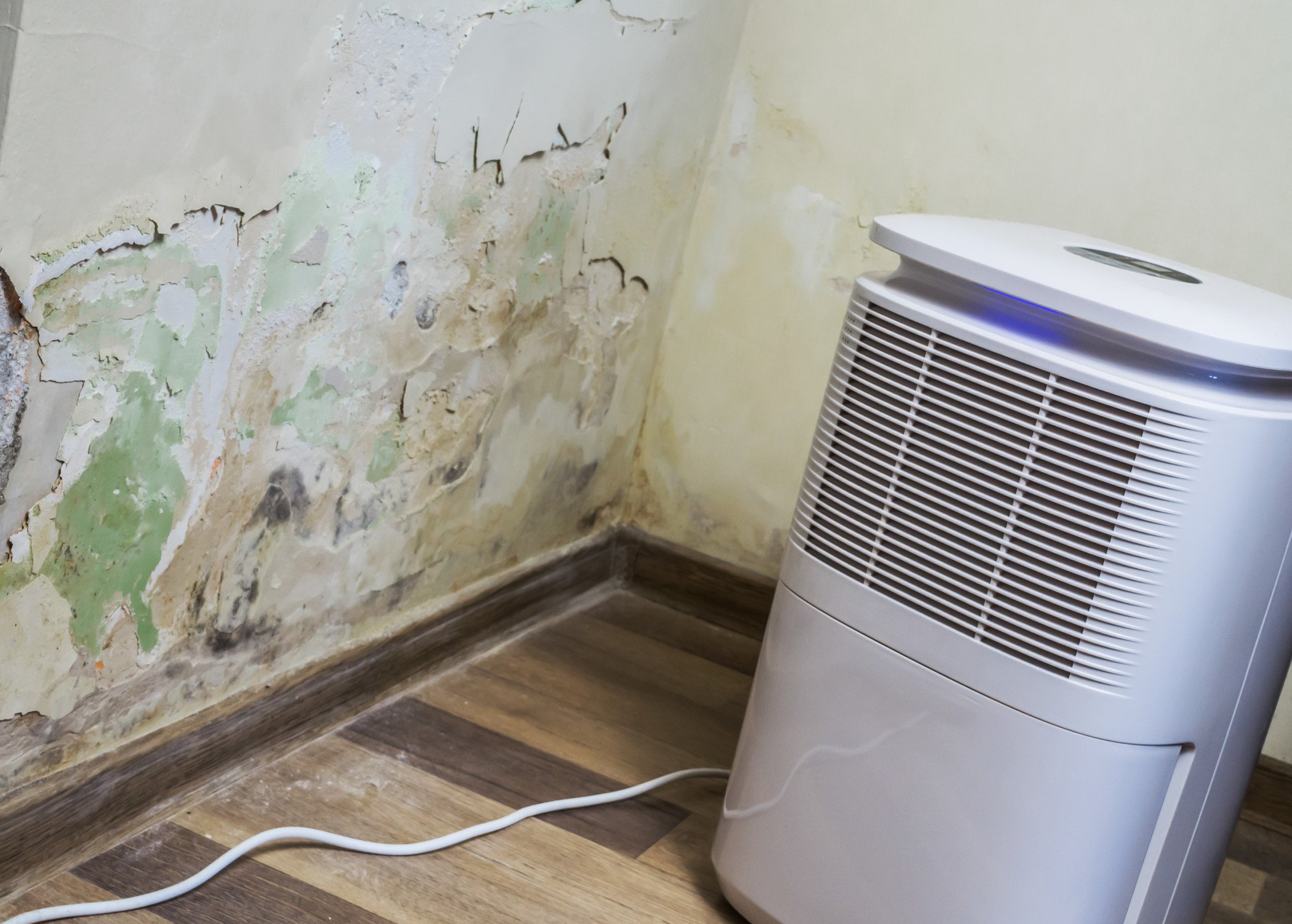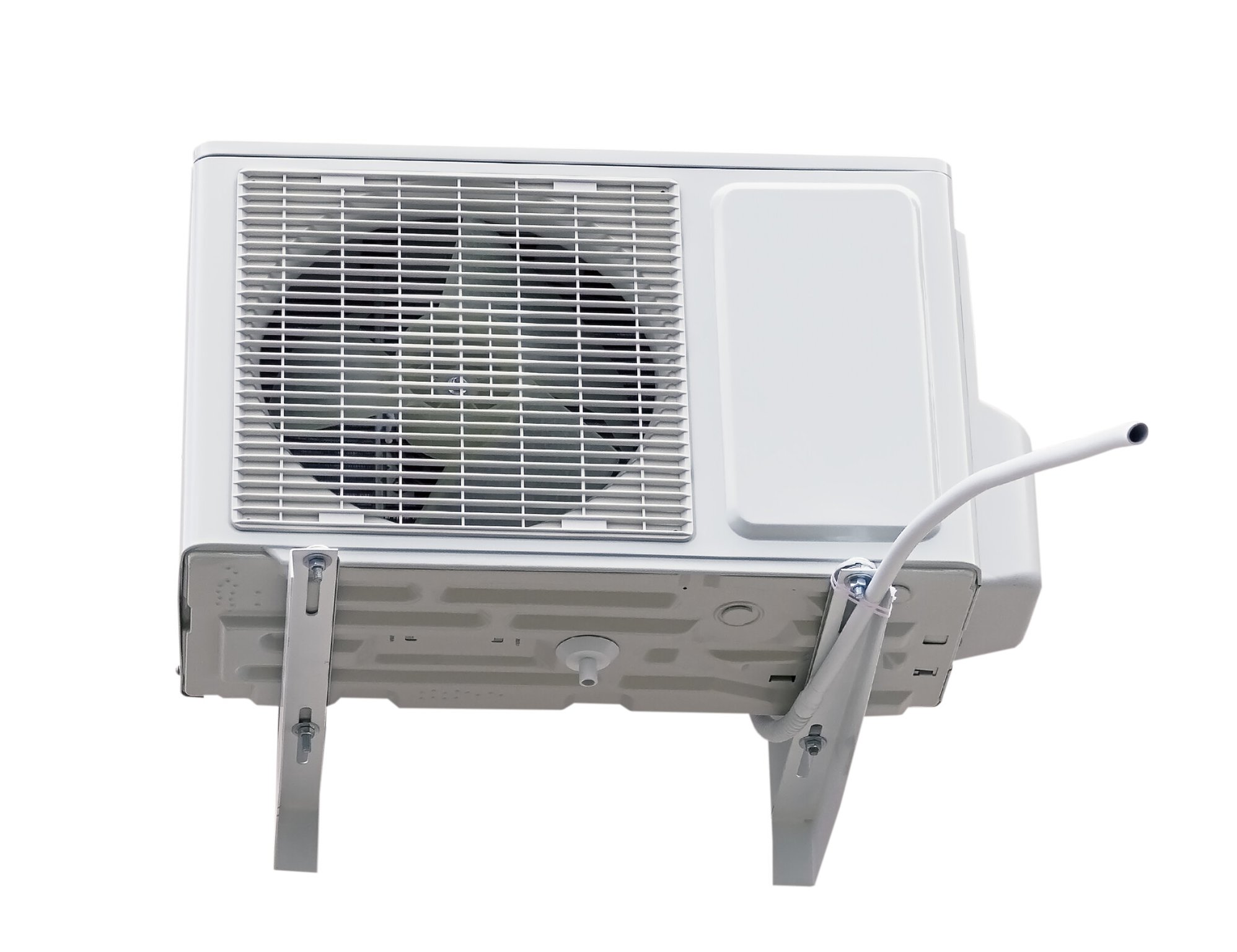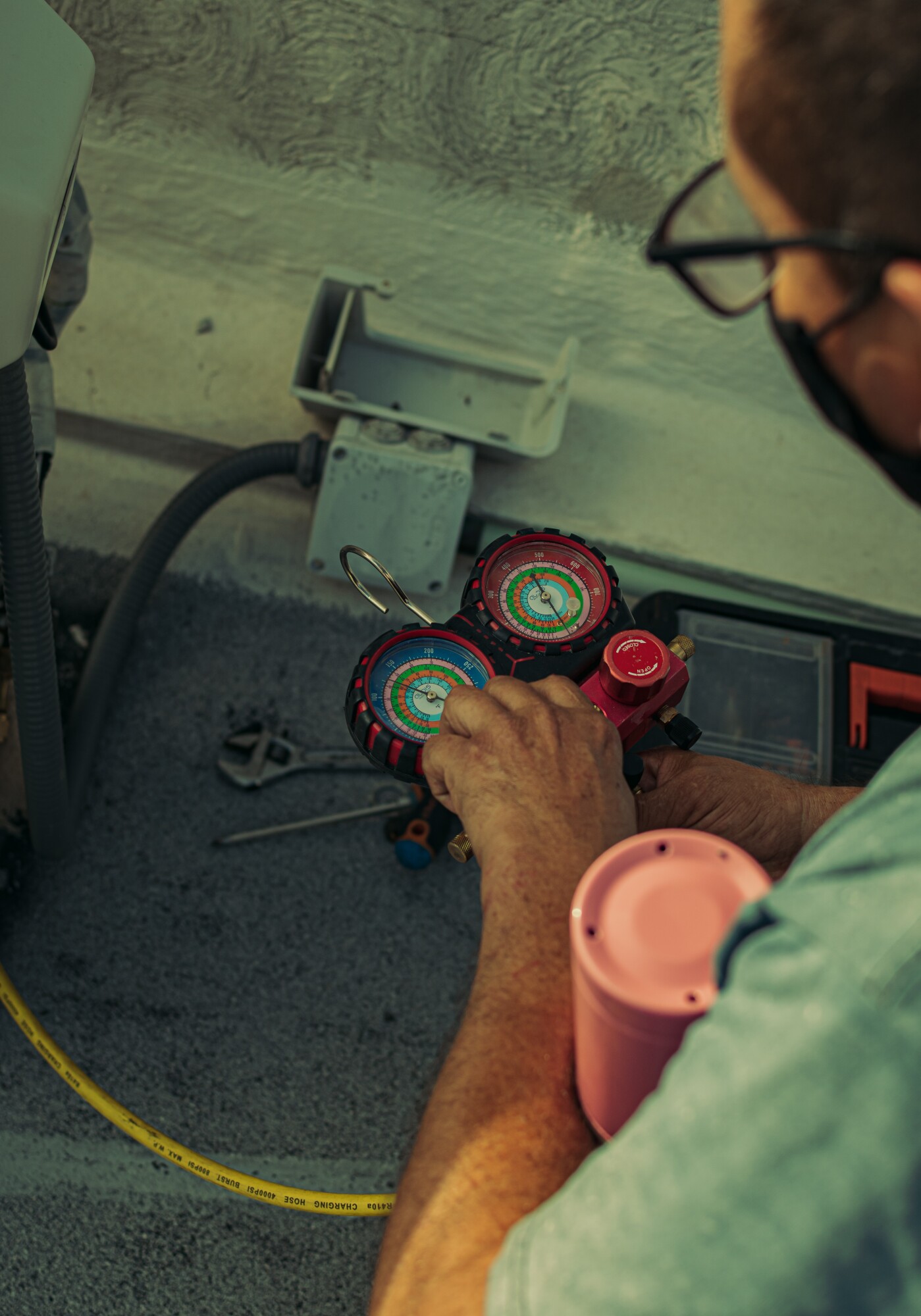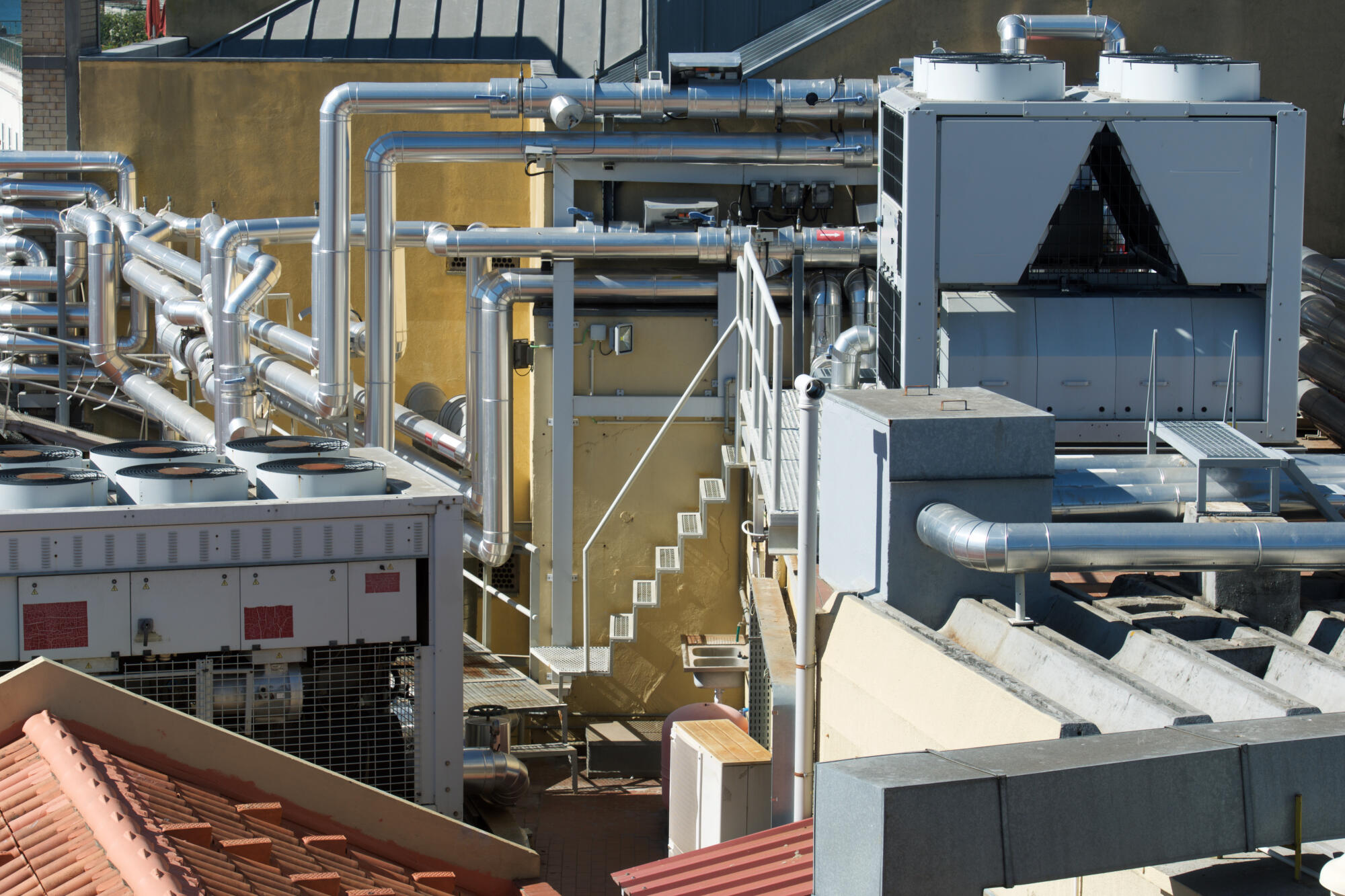
Having an AC unit means performing regular maintenance. Things like changing the filters or cleaning the outside unit will keep it running smoothly.
But even with the maintenance work, there are still times you may need commercial AC repair for your building. It’s important to get those jobs done as quickly as possible to save your system from a major breakdown.
Knowing the signs to look for can help you stay on top of any potential issues. Watch for these things to know when to call your AC repair team!
Low Indoor Air Quality
The air quality inside your buildings is an important thing to monitor. Not only is it key for the health of everyone inside, but it can also be a clear sign something is wrong.
Poor indoor air quality can cause rashes, coughing, or sneezing. You may even notice a poor smell in the air. Generally, it’s faint but will last for a long time. Paying attention to your air quality levels can help you spot issues quickly.
Loud Noises When Running
After some time with your AC unit, you’ll get used to the typical noises it makes. This generally is limited to a low hum or a couple of clicks when it first turns on.
You know there’s a problem when the noise is loud enough to disrupt activity. Or when it continues through the whole cycle. A rattling in the system is also a sure sign that something isn’t working right.
As soon as you notice the odd sounds, you should call for repairs.
Little Airflow Through the Space
When the AC turns on, you should be able to feel the air flowing in the space. Too low airflow means the system isn’t going to be able to lower the temperature. As this happens, you’ll start to notice warm air and possibly even mildew smells.
Poor ventilation is uncomfortable for those who are inside. It’s a good idea to get it checked out soon.
Poor Temperature Regulation
Along the same lines, it’s a good idea to pay attention to how well the temperature is regulated. When the temperature is always changing, there’s something wrong.
It could be the thermostat needs to be replaced. Or there could be something else wrong with the system itself. Calling in the professionals is the best way to find out the real issue and get it fixed.
Signs It’s Time for Commercial AC Repair
Watching for these signs of needed commercial AC repair can end up saving you a lot of money. A small fix is much more manageable than a whole broken system.
It’s also helpful to know who you’re going to call in case you notice any of these things. A good AC repair team can make all the difference.
At Kuebler Mechanical our team provides this kind of care every day. We offer a variety of services to help spaces as comfortable as possible. Schedule an appointment today to get your AC checked out before summer comes!
